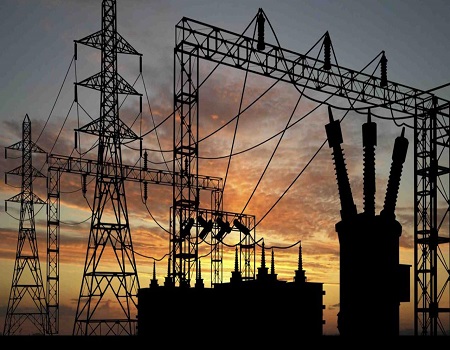The 11 electricity Distribution Companies (DisCos), on Thursday, called for a relaxation of the Minimum Remittance Order and capping on estimated billing made by the Nigerian Electricity Regulatory Commission (NERC).
They said this became imperative to sustain the gains so far recorded in the Nigerian Electricity Supply Industry (NESI).
The Managing Director, Abuja Electricity Distribution Company (AEDC), Ernest Mupwaya, who spoke on behalf of the DisCos explained that these were issues that needed to be addressed before the implementation of a service reflective tariff can yield the desired results in the industry.
He said if left unaddressed, this will worsen the Aggregate Technical, Collection & Commercial (ATC&C) losses.
According to him, the DisCos, excluding Yola Electricity Distribution Company (YEDC), have in the last three years, been able to reduce their ATC&C losses by almost 10 points but noted that Yola DisCo increased it by 12 points.
ALSO READ: See how NDDC spent N81bn in six months
“The overall ATC&C losses moving average (m.a.) keeps decreasing and has reached a new record of 43.3% and six DisCos have losses below 50% per cent”
However, he said contrary to the tendency of other DisCos, YEDC deteriorated or increased its Aggregate Technical, Collection & Commercial (ATC&C) losses trajectory, with a loss level of 67.6% by the end of September 2019.
“Perpetuating the “squeezing” regulations of the Minimum Remittance and Capping of Estimated Billing will extend the challenges of YEDC to the rest of the DisCos and it will cost as twice (in time and money) to get back to where DisCos are today,” Mupwaya explained.
Similarly, he noted that while remittance levels were still low, capping of estimated bills, especially with the 40 per cent metering level, will further exacerbate the liquidity crisis in the sector.
To this end, the DisCos recommended that the implementation of the new service reflective tariff Order should have a one-year transition period, from its effective date.
“During this period the minimum remittance thresholds would be graduated every quarter,” the DisCos’ representative said.
Also, they called for a credit free balance sheets to improve their creditworthiness.
“Historical tariff shortfalls and MDA debts as at December 2019 (N1.7 trillion as noted by government and N2.3 trillion as recalculated by DisCos), should be taken off DisCo books. The practical impact of the shortfall is that DisCos have a negative balance sheet of -80 billion to -250 billion. The clean-up of the DisCos’ balance sheet is necessary to make them creditworthy.
“Also, NBET and MO should be mandated to assume the tariff shortfall and MDA debt and then issue credit notes to DisCos and, henceforth, the liability should not be associated with the DisCos,” Mupwaya stated.






